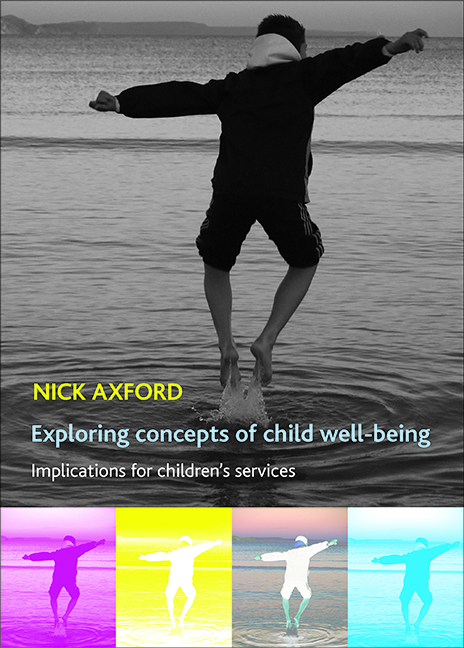Summary
Nobody seriously defends poverty, and few doubt the intrinsic value of strategies aimed at its eradication, but there is less agreement on exactly what ‘poverty’ is. It conjures up images of starving children in Africa, homeless beggars outside the theatre or downtrodden parents struggling to make ends meet. Numerous factors contribute to the confusion. Political values are influential, the right-wing perspective generally more at ease with harsher, subsistence thresholds. Then there are different languages and cultures; Persian alone has over 30 words for poverty (Rahnema, 1999), and Spicker's (1999) typology reveals the many-shaded western understanding. Lister (2004) makes a similar point when she identifies different discourses of poverty, and there is a proliferation of associated terms – ‘underclass’, ‘deprivation’, ‘social exclusion’ and so forth (Roll, 1992).
Consequently, there have tended to be wildly contrasting views about the extent of poverty and the profile of the poor. Like the pantomime villain, some people see it clearly, others deny its existence; interpretation depends on definition, which in turn reflects one's values. Yet as social policy interest in the subject has increased, the need for precise definition and good-quality research has become a priority (Gordon, 2006). For those working in children's services, a better understanding of poverty is crucial for making decisions about the fair distribution of resources and for understanding how other aspects of child well-being can be improved.
Concept
Science or value judgement?
It has been suggested by some commentators that ‘poverty, like beauty, lies in the eye of the beholder’ (Orshansky, 1969, p 37). The implication is that identifying someone as poor is value-laden – a subjective rather than an objective statement – and is, as such, of little substance. This is misleading. Poverty is defined in relation to the standards of society, but this is not the same as making a moral assessment of what such conventions should be or asking individuals what they feel about them. The standards are matters of fact. As Sen (1981, p 17; emphasis in original) put it, ‘There is a difference between saying that the exercise [of poverty measurement] is itself a prescriptive one and saying that the exercise must take noteof the prescriptions made by members of the community.
- Type
- Chapter
- Information
- Exploring Concepts of Child Well-beingImplications for Children's Services, pp. 45 - 58Publisher: Bristol University PressPrint publication year: 2008



